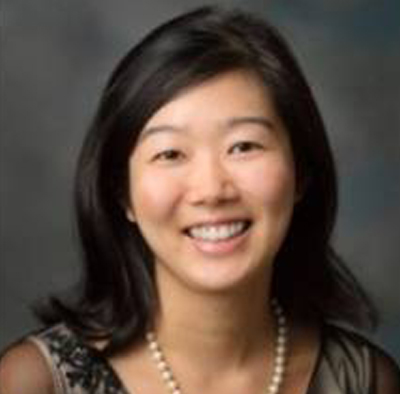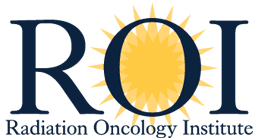Michelle Kim, MD

Why did you choose to support the ROI?
I chose to support the ROI largely due to the wonderful mentorship I had been privileged to receive as a resident, and now as junior faculty. Recognizing how I had been shaped both professionally and personally by my mentors within the field, I felt that this was a timely opportunity to give back at the start of my career, and incidentally, during the transition period of two of my very own mentors, ROI past-president Dr. Ted Lawrence, and current president Dr. Deborah Kuban!
Why did you choose to make a gift to the ROI in honor of someone? And why did you select that person?
The opportunity to make this gift in honor of my father, Dr. Jyung Kyoon Kim, who is also a practicing radiation oncologist in Michigan, made this donation particularly special. Really, my early introduction to the field was through him, and his support and guidance has been the most long-standing mentorship I have had. It is really special to be able to share experiences working in the same field.
What benefits do you see to supporting the ROI early on in your career?
Whether working in academia or not, I believe it is critical to remain connected, to be informed and to contribute to our societal mission to improve our present practice and the future of the field. I believe this broadened perspective not only benefits the field as a whole, but also generates a type of self-awareness and evaluation that will hopefully improve your own practice and early career.
Why did you decide to become a radiation oncologist?
I was drawn to caring for cancer patients in particular, and ultimately, I found in this field an unparalleled intersection of coordinated teamwork, scientific and technologic inquiry and selfless humanity that made me realize that this is what I was called to do.
How do you envision the future of the field of radiation oncology? In what ways would you like to see it evolve?
Increasingly, multidisciplinary discussions are revolving around a molecular basis for understanding tumors, which influences both prognostication and subsequent management. With the ever-burgeoning profile of systemic therapy agents, it will be critical to understand the interaction of combinations of modalities with the various molecular variants between patients and even within a single patient’s tumor, to achieve personalized cancer care in the era of genomic medicine. Likewise, given the trajectory of health care as a whole, contextualizing these scientific strides to provide the most value to the individual patient and society will remain a challenge that we will need to address.
What advice would you offer to the next generation of radiation oncologists?
Your mentors will shape your perspective of leadership, scholarship and the trajectory of your career. If you are privileged to have wonderful mentorship (and I am thinking of one of my earliest mentors, Dr. James D. Cox, who has embodied true mentorship in word and deed), pass this on.
Dr. Kim is an assistant professor in the Department of Radiation Oncology at the University of Michigan. Dr. Kim is a mentor in the ROI Founders' Circle.














